Short messages on Education from Respect Yourself, the guidance site for young people to help make good decisions in life.
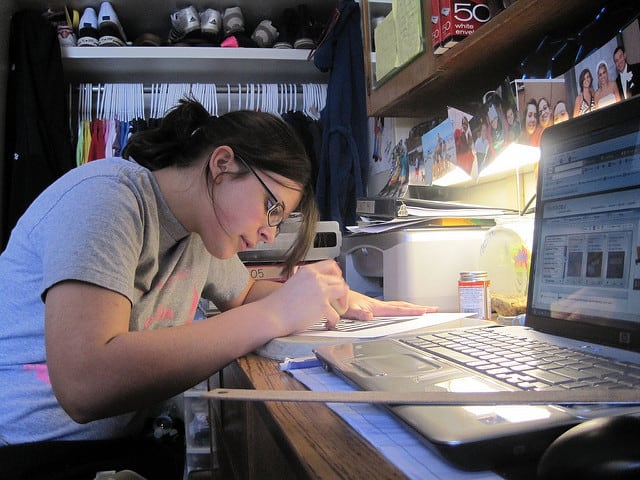
studying by English106
If you are asked to answer essay-style questions in an exam, spend some time jotting down ideas and a brief plan to help you to use your writing time effectively. This is something to practice as a revision technique.
(more…)
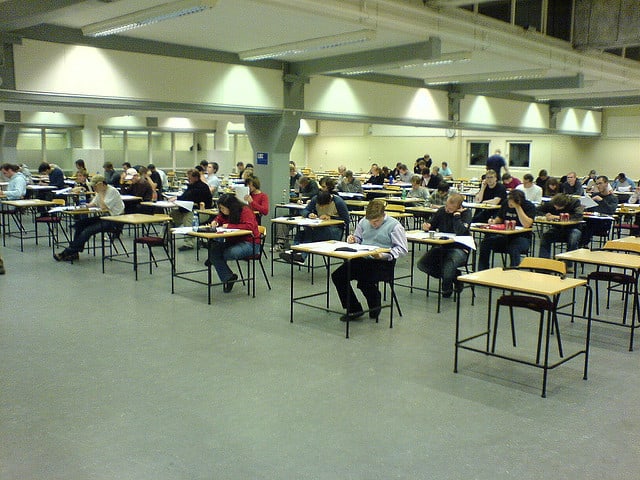
exam by Karl Baron
Make sure you read exam questions carefully. Be aware of how many questions you have to answer, how many marks are allocated to each, and answer enough to get the marks. Attempt to answer all questions if you can to increase the marks you could be given.
(more…)

exam by Karl Baron
Look through the exam questions, assess how much time you can spend on them, and allow a few minutes at the end of the exam to read through your paper to check your answers. Make sure you haven’t missed any questions on the back of the exam paper.
(more…)

exam by Karl Baron
Make sure you read exam instructions very carefully before you begin to make sure you understand them, know what is expected of you, and see how much the answers are worth.
(more…)

studying by English106
Try to avoid discussing the course and content before and after the exam. Your coursemates comments may make you more nervous or confused. Trust your knowledge and your revision, and focus on your work.
(more…)
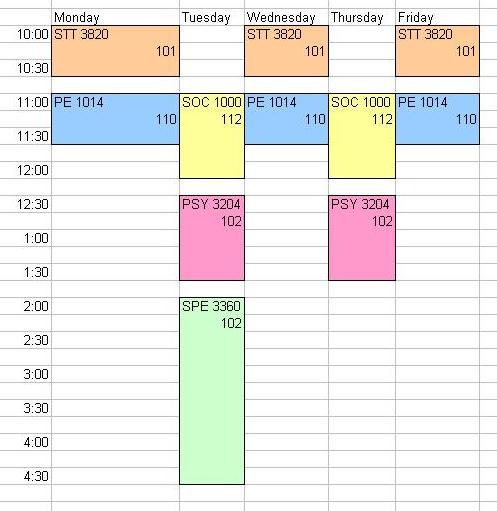
Schedule by AlisaRyan
Break your subjects down into key topics, and manageable chunks including scheduled breaks and social activities. Use colours to make your plan more visual. Make your plan flexible, but don’t spend all your time changing it around.
(more…)
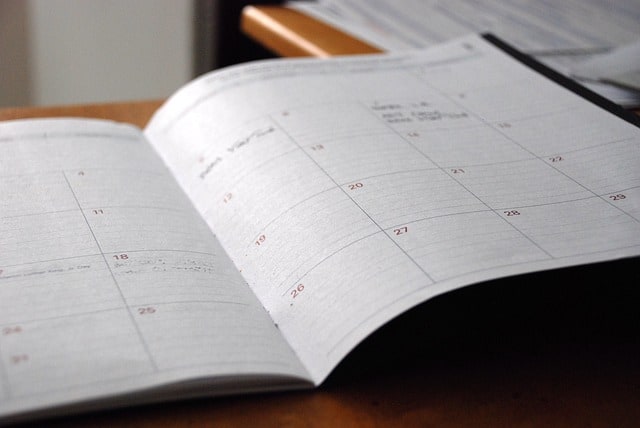
Daily planner organiser image by Unsplash
Share your revision plan with friends and family so they can keep you on track. Ticking off topics when you’ve covered them will give you a sense of achievement, and revision will be more interesting if you vary the way you revise.
(more…)

Schedule by AlisaRyan
Set yourself revision targets and goals. Aim to have revision completed one week before the exam starts to give yourself flexibility, rest and extra time to focus on harder points. Balance your time between subjects you’re most and least confident about.
(more…)
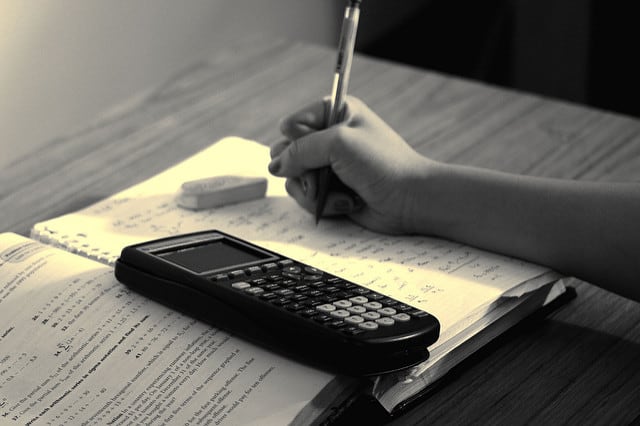
Studying by Steven S.
Use as many old exam papers as you can to practice, and ask your teacher to read or mark them for you, with feedback. Note the questions that come up, and their themes and frequency. Time yourself to get used to exam conditions.
(more…)

Daily planner organiser image by Unsplash
For a revision timetable: get all the information you need (exam dates, lesson timetable); block out the times you can’t study; pick a revision start date; plot your revision sessions (how much time on each topic, schedule in breaks); display your plan.
(more…)





